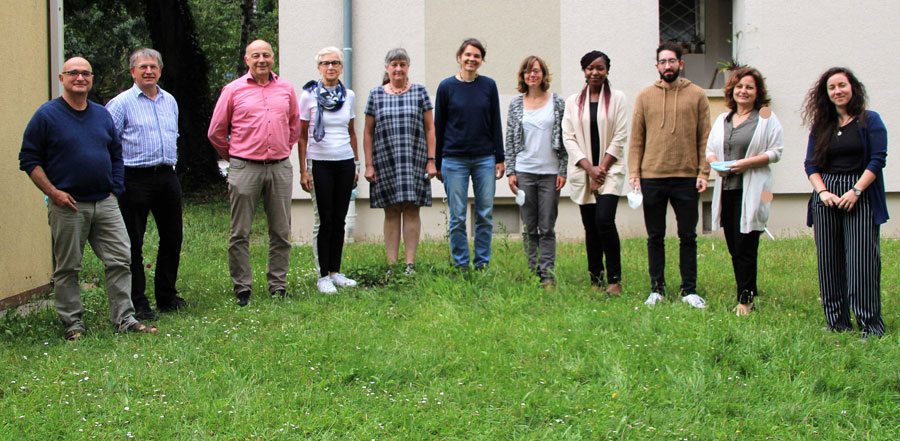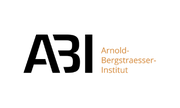Project
The joint project of the Arnold Bergstraesser Institute and the University of Freiburg aims at working on questions of provenance and the care/handling of human remains in collaboration with probable societies/communities of origin. The project focuses on the Alexander Ecker Collection of human skulls, named after the anatomist from Freiburg who founded it in c. 1860. The discovery of thus far unknown archival material from this collection enables an innovative, more intensive and more detailed research on provenance to be conducted. The project focuses on approximately 120 skulls believed to originate from the African continent.
The Alexander Ecker Collection - University Archive (Inventory M1)
The aim of the project is threefold. A detailed documentation will be achieved based on the application of historical and biological non-invasive methods of provenance analysis. Concurrently and in close collaboration with anthropologists, political scientists, and museum representatives from the regions of origin, a concept of reciprocal research and practical care/handling of human remains from colonial contexts will be developed.
An advisory board inaugurated/assembled accordingly will regularly convene to secure maximum transparency and participation.
As there is little experience thus far in such an interdisciplinary as well as intercultural approach, besides the clarification of provenance a major objective will be the documentation of experiences during the course of the project. This will result in best practice recommendations for the rapprochement between societies/communities of origin and the location of collections using the Freiburg collection as a concrete example.
Acceptance as well as sensitivities of different approaches aimed to clarify provenance will be worked out in a dialogue. Based on the achieved/obtained results, the foundation for a discussion about the application of advanced methods, including invasive methods, and their gain in knowledge will be provided.
The Dead are not in a Rush
Communicating science - this video attempts to artistically process research results from the project "Provenance Research with a Restitution Perspective".
This experiment in science communication is based on a 1.5-hour conversation between Prof. Wazi Apoh (University of Ghana) and Prof. Andreas Mehler (University of Freiburg). The text reflects the statements of the two experts in the form of film images and contains audiovisual excerpts from the discussions of the advisory board as well as material filmed with Prof. Albert Gouaffo (University of Dschang) at the Institute of Biological Anthropology at the University of Freiburg.
The voices of the two professors were re-enacted by two actors (Thomas Douglas for Andreas Mehler and Mbene Mbunga Mwambene for Wazi Apoh) and show some of the unexpected results of the research process in the exchange with the international advisory board.

Bioarchaeologist Pearl S. N. O. Lamptey, affiliated to the University of Paris-Saclay and the University of Ghana, Accra, spent six weeks with the project members in Freiburg (on behalf of the Ghanaian representatives).
Her visit was to enable her to have hands on engagement with the human remains and to enhance an interactive exchange with experts on the ground. Whilst there, she was able to foster the integration of the methodological approaches of biological anthropology in the provenance research and analysis. As well as contribute to discussions regarding likely challenges of the project. As a member of the project’s advisory board, a major contribution of Pearl was to monitor the methods for the provenance analysis, foster discussion on ethical issues about the procedure of repatriation of human remains and on the interaction with communities of origin. Additionally, Pearl gained insight into the curating approaches of other collections of human Remains in Germany and in Switzerland.
This visit represents an important step towards reciprocity in order to identify and respect positions and emotions in communities of origin, which represents a major aim of the project.


